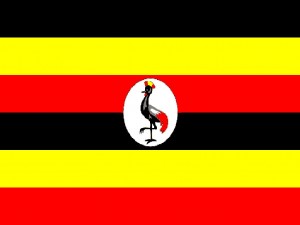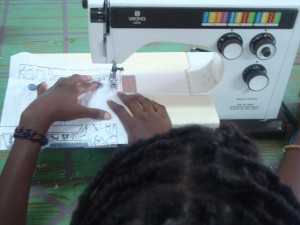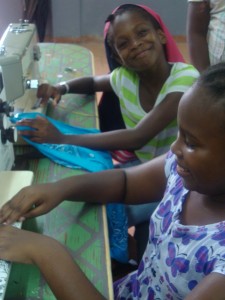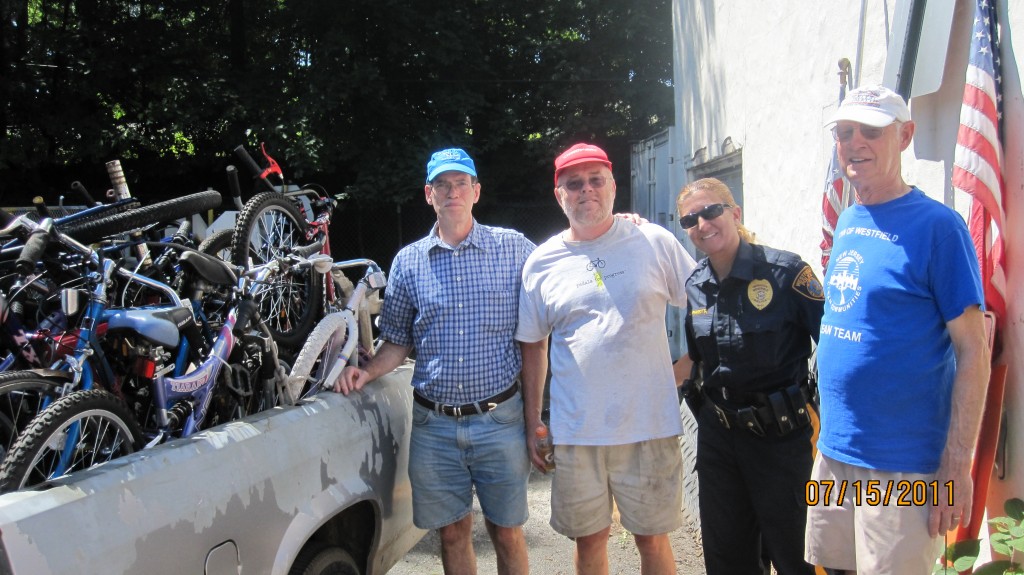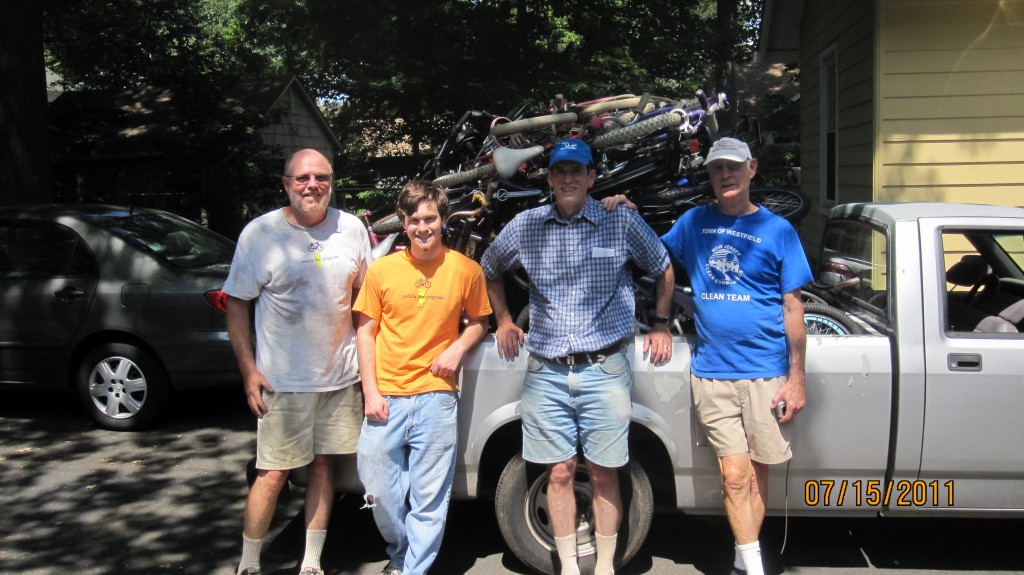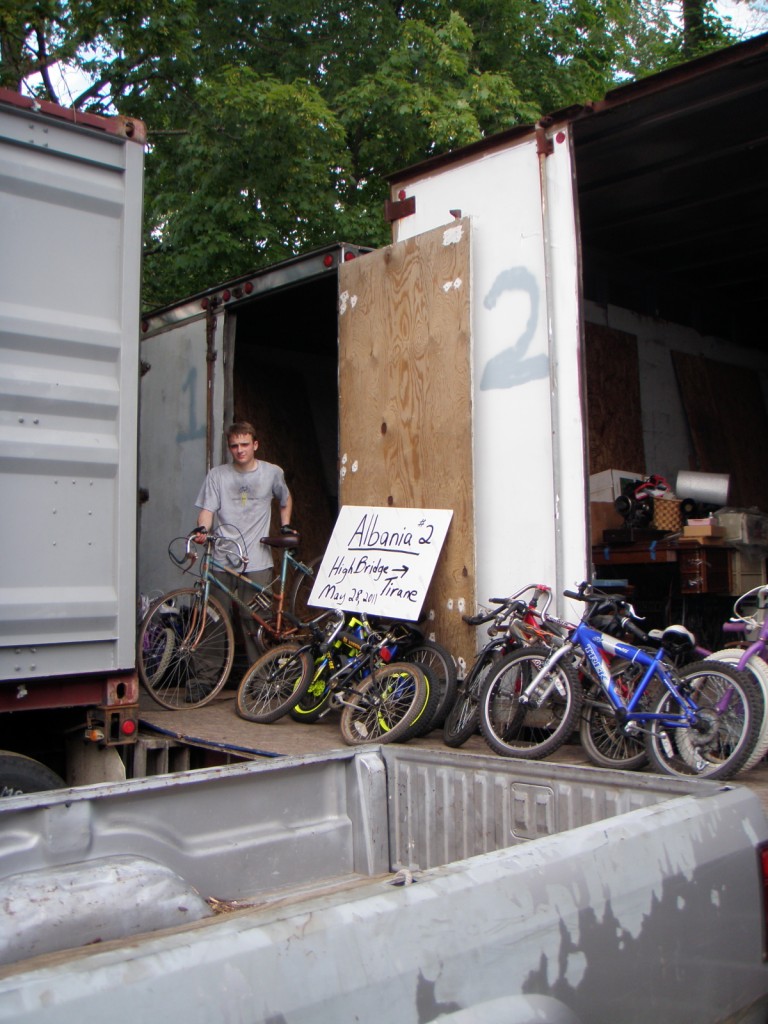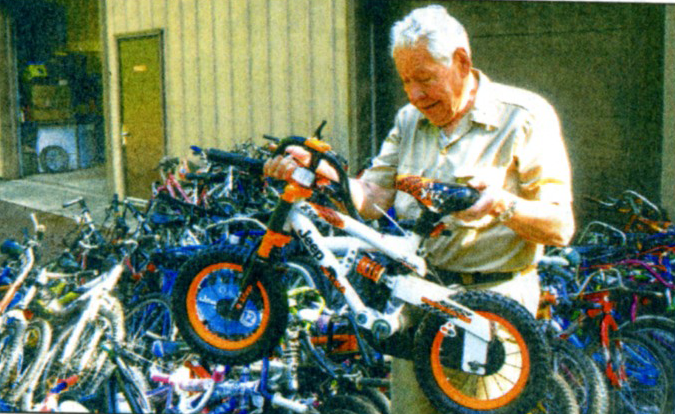by Karla Santana
Spring 2010 InGear
Johana del Carmen Sanchez Gonzalez is 14 years old. She lives in the rural community of El Higuero, Nicargua, some 16 km from the capital Managua, where she lives and works on her parents’ farm. Out of six children, she is the only one still attending school. She graduated from elementary school last year, but could no longer attend public school due to her responsibilities on the farm. However, thanks to Pedals for Progress and The Fabretto Center, she has been able to continue her education. The Fabretto Center is an organization dedicated to helping impoverished children and their families in underserved communities to break the cycle of poverty and reach their full potential through programs that promote nutrition, health, education, community, and character development.
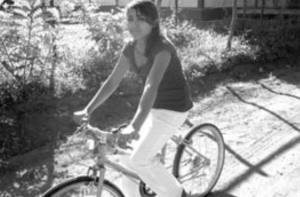
For over 50 years they have been partnering with Nicaraguan communities, both urban and rural, to provide hope and a better future for their children. One such program is the Learning by Tutorial System (LTS), which promotes rural development by providing students with the technical training that they will need to improve agricultural practices for their families and their communities.
Essentially, LTS is a vocational high school program with great emphasis placed on the development of technical skills. LTS students are being equipped with the tools and knowledge to implement small-scale agriculturally productive projects to generate increased income. It is designed to meet the constraints of rural life. For example, the use of lightweight workbooks rather than texts lessens the load of students who walk great distances to class. Course topics are relevant to rural concerns, such as animal husbandry for the study of science. Practical teaching occurs through projects like small-plot farming that benefit the local community. Since this will eventually generate new economic opportunities, LTS also helps to reduce the migration of young people from the rural areas to the already over-crowded cities. The effort to keep up with her studies has not been easy for Johana, however.
During harvest season she doesn’t attend class because she has to help on her family’s farm. This means she has to put in that much more time and effort later to catch up on her studies. In addition, she lives eight kilometers from The Fabretto Center, a distance that takes five hours every day to walk there and back. “Even though she has adult responsibilities, at such a young age, she is one of the top students in her class” says Johana’s tutor. Currently in her first year of LTS, she participates in all the Fabretto activities and has showed a lot of interest in her studies. Her ambition is to become educated enough to reach a position in life from which she will able to better the lives of her family and other people in need. Already, she uses her experience in agriculture to not only help teachers with school gardens but also to encourage her classmates to learn more about it. Johana’s is the type of situation in which bicycles from Pedals for Progress can take a hand. Thanks to our donors, we’ve been collecting and shipping bikes to partners in Nicaragua for 19 years, over 32,000 bicycles in total. Despite the distance, Johana wished to persist. It would not have been practical, however, had she not had access to the utility of the wheel. With a bicycle from Pedals for Progress, Johana has been able to continue her studies and keep her dream of helping others alive. “All this time in Fabretto,” she says, “has helped me not only to grow as a human being but also to learn new things and put into practice what I have learned with my parents. I love sharing my knowledge with my classmates. I am currently learning how to use a computer. I really enjoy it.”

